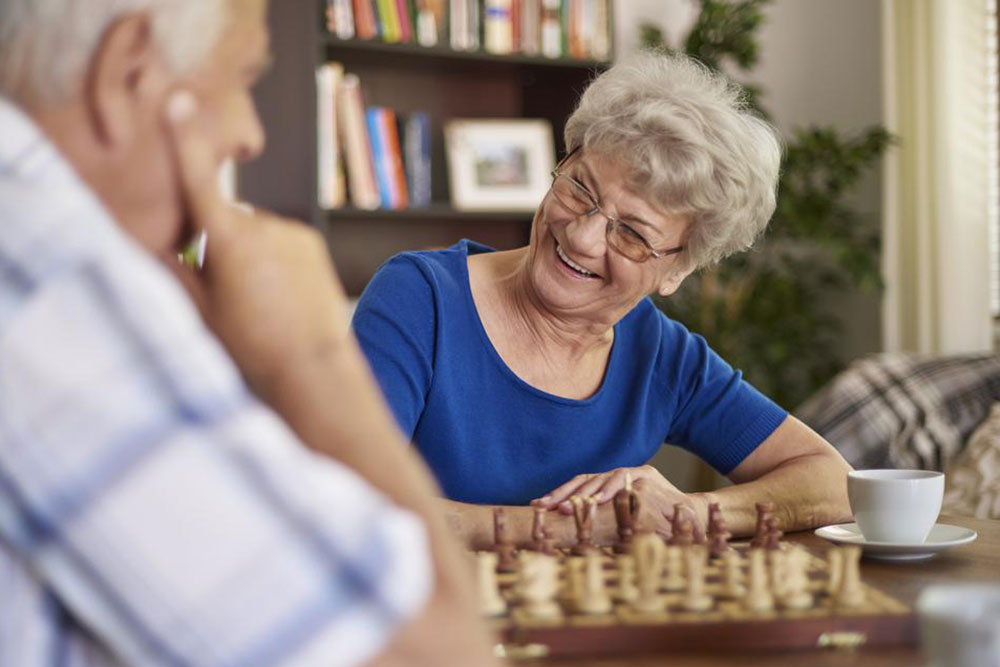Comprehensive Guidelines for Elderly Caregivers: Ensuring Comfort, Safety, and Dignity for Seniors
This comprehensive guide for elderly caregivers offers essential strategies to improve seniors' safety, comfort, and dignity. It emphasizes effective communication, practical daily care tips, and safety precautions to prevent falls and accidents. The article aims to help caregivers provide compassionate, respectful, and efficient support, ultimately enhancing seniors' quality of life. As the aging population grows, adopting these best practices becomes crucial for both family and professional caregivers to deliver high-quality elder care with confidence and empathy.

Comprehensive Guidelines for Elderly Caregivers: Ensuring Comfort, Safety, and Dignity for Seniors
Providing quality care for elderly individuals is a vital responsibility that requires compassion, patience, and a thorough understanding of their unique needs. Whether you are a family member stepping into a caregiving role or a professional caregiver, implementing effective strategies can dramatically enhance the quality of life for older adults. According to data from the AARP Policy Research Institute, approximately 34 million adults in the United States dedicate a significant part of their time to unpaid, voluntary elderly care, highlighting the importance of guidance and best practices in this field.
Good caregiving goes beyond basic assistance; it involves creating a safe and welcoming environment that promotes independence, dignity, and emotional well-being. This article explores essential tips and strategies for caregivers to ensure they provide effective, compassionate, and safe care for seniors, addressing communication techniques, practical daily care activities, and safety measures that can prevent common accidents and health risks.
Effective Communication Strategies for Elderly Care
Communication is fundamental to building trust and fostering a positive caregiver-patient relationship. For elderly individuals, clear, respectful, and simple communication can significantly reduce confusion, anxiety, and frustration.
When engaging with seniors, caregivers should always aim to speak slowly, clearly, and with a friendly tone. Establishing eye contact during conversations helps create a connection, making the senior feel heard and valued. Addressing them by name and incorporating gestures like gentle touch or holding their hand can convey warmth and reassurance. Incorporating affirmative language, showing patience, and listening actively are paramount.
Using simple questions instead of open-ended ones encourages seniors to participate in conversations comfortably, fostering an environment where they feel empowered and respected. It’s also beneficial to adapt communication styles to meet individual needs, especially for seniors with hearing or cognitive impairments. Employing hearing aids, speaking in well-lit environments, and avoiding background noise are practical adjustments that facilitate effective communication.
Building a trusting relationship through consistent and empathetic communication helps seniors feel secure and respected. Showing genuine affection, such as gentle touch or words of encouragement, can make caregiving interactions more meaningful. Small gestures foster emotional well-being and promote openness, which is crucial for effective care.
Practical Daily Care Tips to Enhance Comfort and Independence
Daily activities like dressing, grooming, and bathing are essential components of elderly care. Providing assistance with compassion and patience can help seniors maintain their dignity while ensuring their safety.
Dressings should be simple and comfortable; clothing with elastic waistbands and loose fitting options are easier for seniors to manage independently. Arranging clothes systematically encourages autonomy and makes dressing less stressful. Encouraging seniors to rinse their mouth after meals or brushing their teeth strengthens oral health and personal hygiene practices.
Safety during bathing is a priority. Using a sturdy shower chair equipped with a handheld showerhead minimizes the risk of slips and falls. Ensuring water temperature is appropriately set prevents burns or discomfort, making baths a relaxing experience rather than a stressful ordeal.
Safety Measures: Preventing Falls and Accidents in Elderly Care
Falls are among the most common and dangerous accidents faced by seniors, often resulting in fractures, head injuries, and a decline in overall health. Caregivers must proactively eliminate hazards that could lead to falls or other accidents.Start by removing small rugs or securing larger ones with non-slip tape. Cords that cross walkways should be secured along walls to prevent tripping. Clutter and unnecessary furniture should be cleared from pathways to facilitate free movement. Proper lighting is essential; ensure rooms are well-lit with minimal shadows to assist seniors in navigating safely, especially during nighttime walks.
Install grab bars in bathrooms and near beds to provide additional support. Non-slip mats should be used in bathtubs and shower areas. Electrical outlets and cords should be checked regularly for safety, and furniture should be arranged to allow easy movement. Practice patience and empathy when assisting seniors—these qualities are vital components of effective caregiving and help foster an environment of trust and security.
Taking proactive safety steps not only reduces the risk of falls and injuries but also boosts seniors' confidence and independence, vital for their mental and physical health. Regularly revisiting safety protocols is essential as seniors' needs evolve over time.
In conclusion, elderly caregiving is a multifaceted responsibility that demands attention to both physical needs and emotional well-being. By adopting effective communication techniques, implementing practical daily routines, and enforcing safety measures, caregivers can significantly improve the quality of life for older adults. Compassion, patience, and tailored approaches are the keys to delivering exceptional care that preserves seniors’ dignity and promotes their independence.
The importance of caregiver education and ongoing training cannot be overstated. As our population ages, building a community of well-informed caregivers will contribute greatly to healthier, safer, and more joyful aging experiences for our elders.




